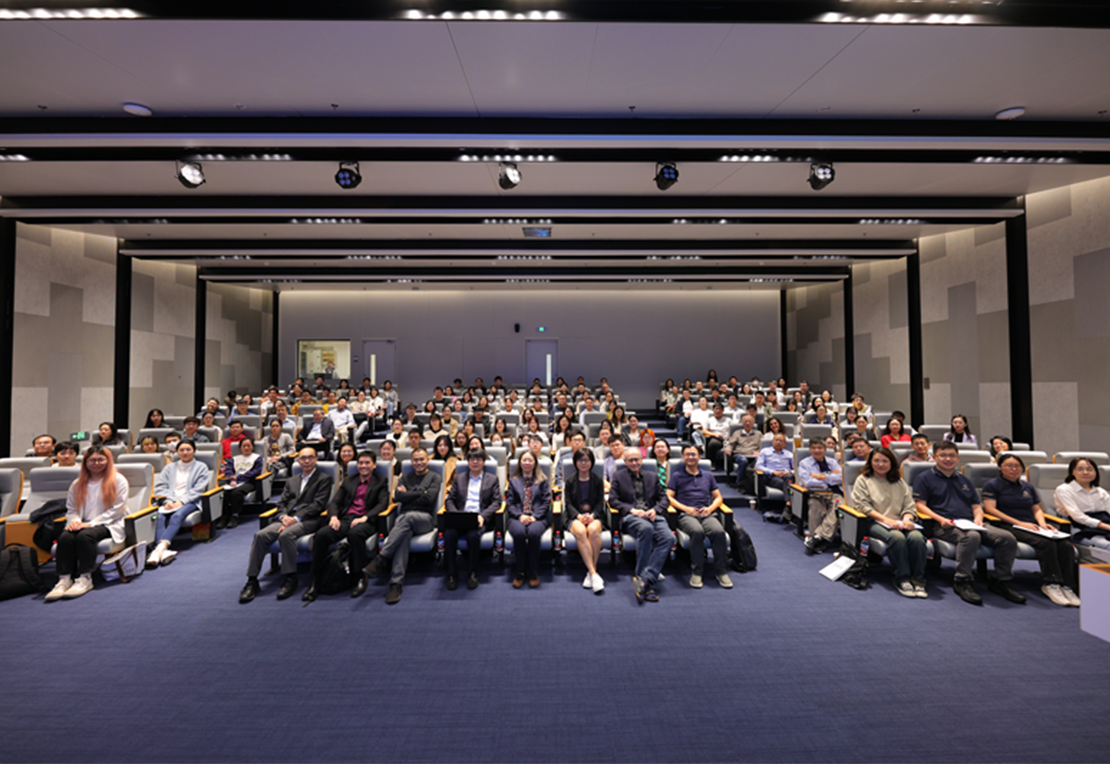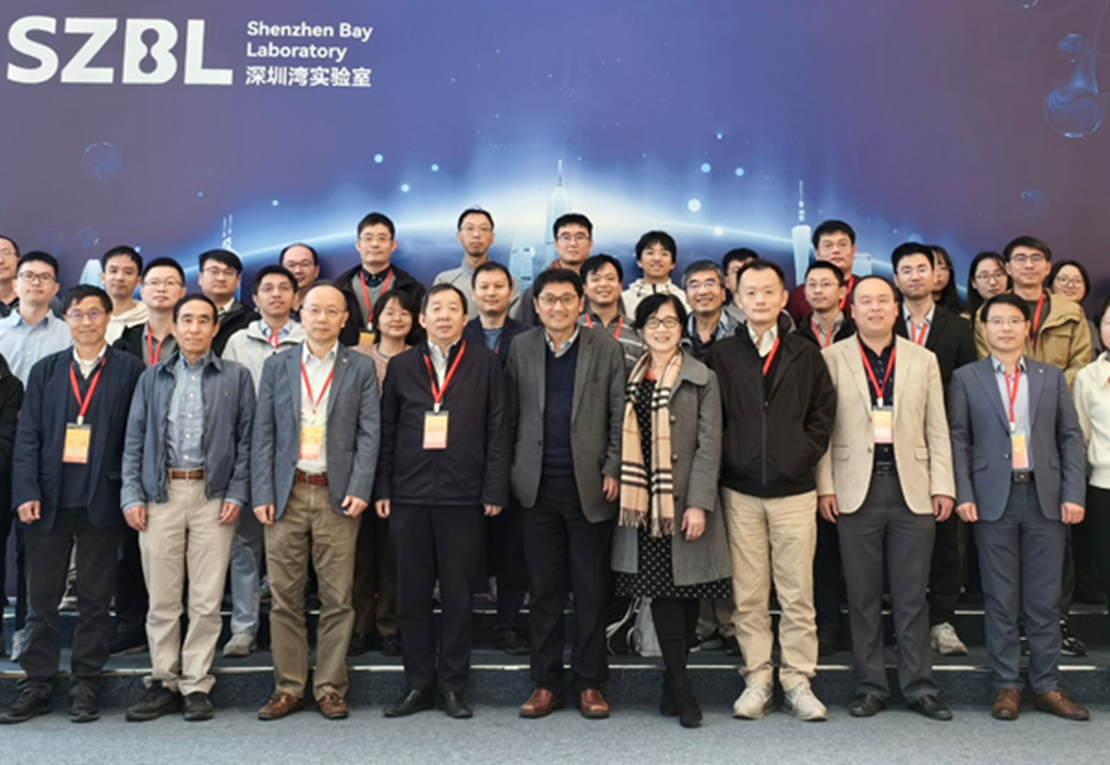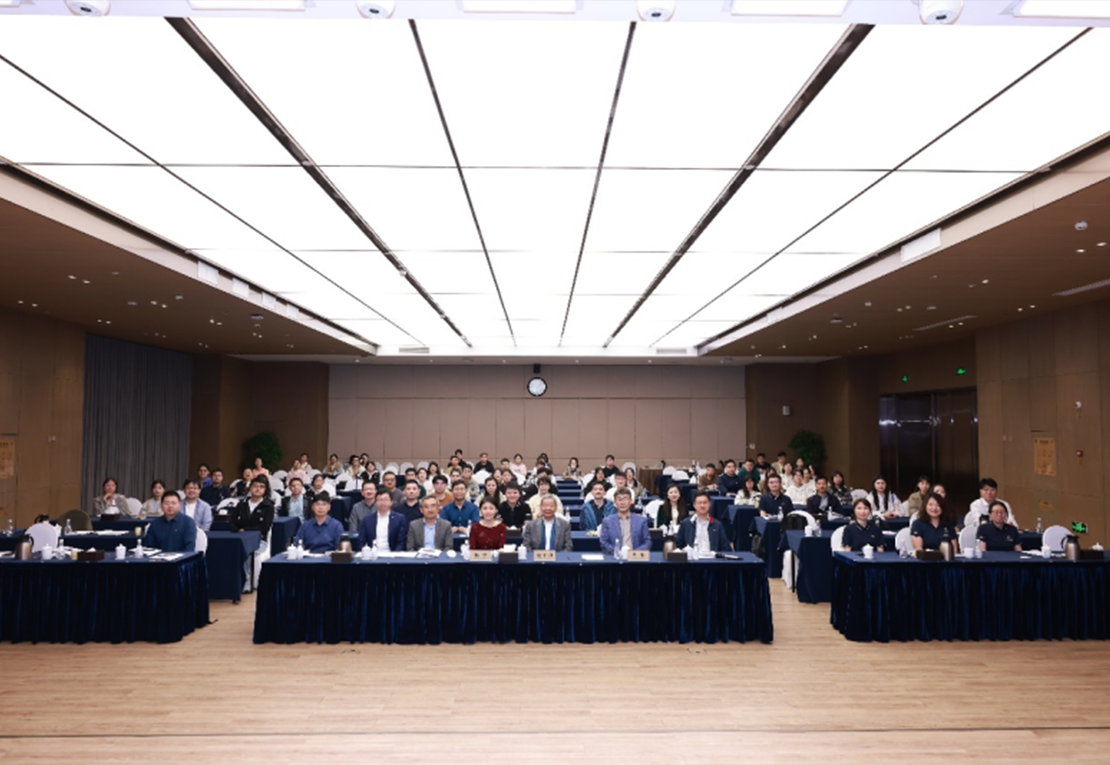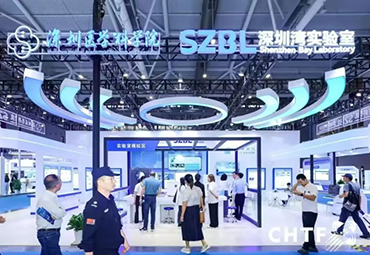On October 27-29, the SMART Symposium on AI-Driven Computational Biology and Medicine was held in Guangming, Shenzhen, jointly organized by Shenzhen Medical Academy of Research and Translation (SMART) and Shenzhen Bay Laboratory (SZBL). The event invited 32 top experts and scholars worldwide to share their latest research results and insights in the cutting-edge fields of artificial intelligence and big data, computational genomics, structure and dynamics, generative artificial intelligence, and drug design with more than 200 researchers.
The organizing committee comprised Dr. Jiali Gao, Dr. Yaoqi Zhou, and Dr. Qin Peng from the Institute of Systems and Physical Biology, SZBL. The organizing committee carefully planned and organized the conference to build a high-level academic exchange platform for the participants.
The symposium was successfully concluded on October 29th, thanks to the active participation and joint efforts of all participants. The meeting not only promoted academic exchanges and cooperation between domestic and foreign counterparts but also inspired new ideas and innovations in related fields. After the meeting, participants reflected that through in-depth exchanges and discussions, they gained many enlightening insights and provided new ideas for future research. This conference will have a positive and lasting impact in the future.
Prof. Kendall N. Houk, UCLA, explored in depth the use of AlphaFold 2 protein folding prediction technology and combined quantum mechanics (QM) with molecular dynamics (MD) to study the mechanism and ligand binding, aiming to reveal the mystery of novel enzyme-catalyzed reactions.
William L. Jorgensen, Sterling Professor of Chemistry at Yale University a leader in the field of computational chemistry, and an authority on organic and enzymatic reactions in solution, molecular recognition, and protein-ligand binding, presented his latest advances in virtual screening, prediction of pharmacokinetic (ADME) properties, and free-energy perturbation (FEP)-guided optimization of lead compounds.
Prof. Teresa Head-Gordon of the University of California, Berkeley, has a global reputation in theoretical, physical, and computational chemistry. She shared a systematic physics-based machine-learning workflow designed to create and evaluate the potency of drug molecules. In addition, she presented the novel applications of the machine learning algorithms iMiner and Llama 3.1 Large Language Model for screening target compounds.
Prof. Yun-Dong Wu, Chair Professor of Peking University Shenzhen Graduate School and Chief Scientist of Shenzhen Bay Laboratory, focused on the latest research progress in the field of drug design based on cyclic peptides and protein-peptide interactions. Prof. Suwen Zhao of Shanghai University of Science and Technology, on the other hand, successfully discovered novel DNA modifications present in phage through enzyme function prediction.
Prof. Mark von Itzstein from Griffith University has long been working on the glycointeractome of viruses of clinical significance. In his presentation, he describes interdisciplinary approaches for characterizing the mechanisms of carbohydrate recognition by viruses and advancing the field of respiratory viruses of clinical significance and drug discovery.
Prof. Maria Carolina Florian, Bellvitge Institute for Biomedical Research (IDIBELL), focuses on the study of the cellular and molecular mechanisms of somatic stem cell senescence to support the development of new therapeutic strategies aimed at preserving the regenerative capacity of stem cells over time, limiting or preventing the onset of age-related diseases, and prolonging healthy lifespans and life spans. She presented her understanding of the cellular and molecular mechanisms of somatic and stem cell senescence at the conference.
These studies not only demonstrated the outstanding achievements of the experts in their respective fields, but also provided valuable experience and insights for future scientific research and technological innovation.
At the end of the meeting, Dr. Yaoqi Zhou of the organizing committee presented the awards to the outstanding poster winners and delivered a closing speech, which brought the symposium to a successful conclusion. The successful organization of this symposium has not only built a bridge for global scientists to collide with each other but also contributed many insightful and forward-looking academic guidelines. We sincerely hope that the sparks of these academic exchanges will continue to burn and inspire more far-reaching academic impacts after the conference.
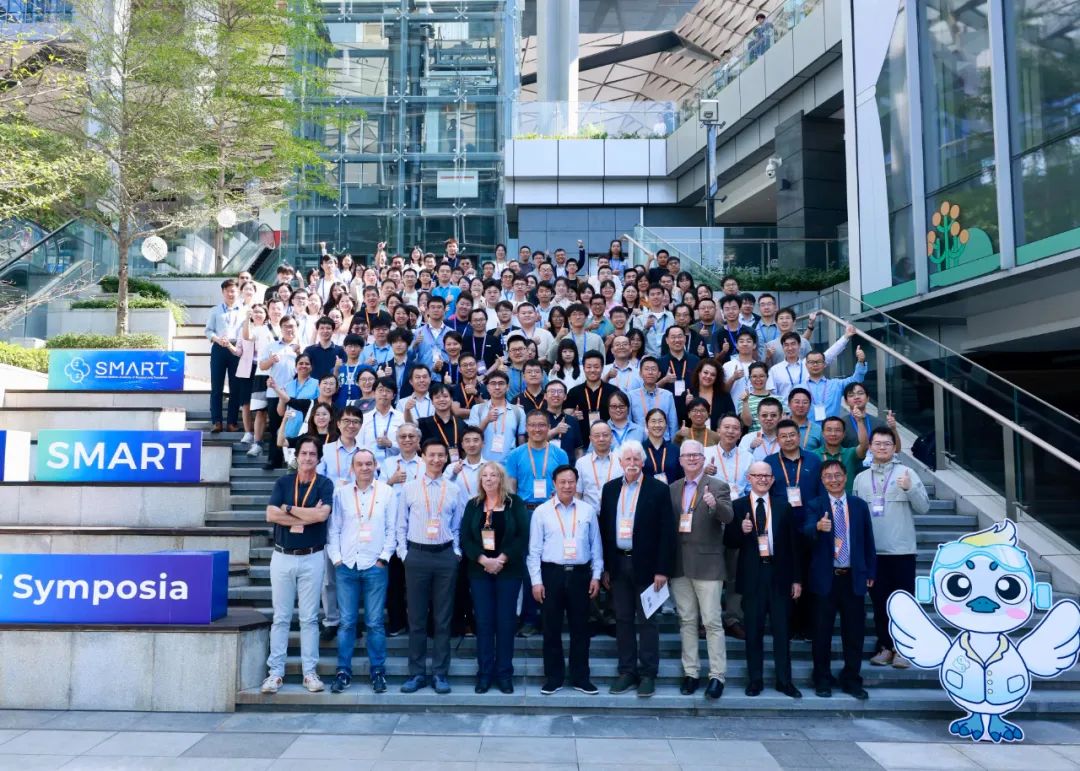
Source: SMART International Exchange Center
Executive Editor: Winston
Editor: Bai Bai
For more information, please contact media@szbl.ac.cn


